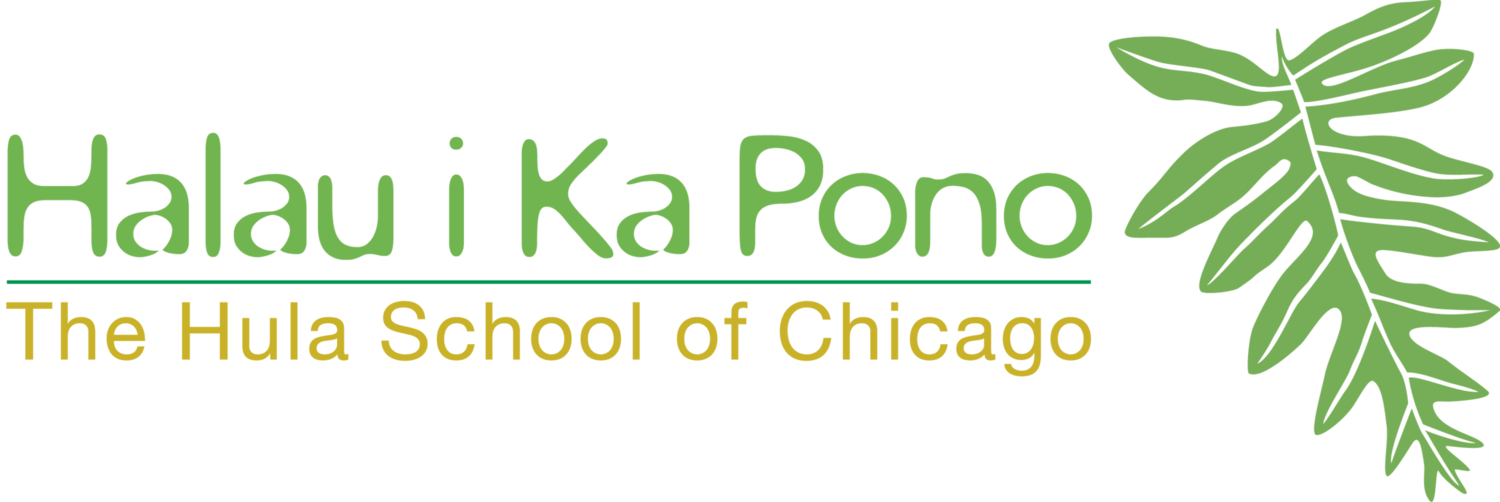“All kinds of suffering have purpose: they are the harbingers of change.”
Tomeyo Tahara, Joichi Tahara, Margaret Tanoue, Robert Naoyuki Tanoue, Henry Allen Auwae
I had a wonderful opportunity this past April to do a residency with the Hubbard St. Dance Chicago and Jones High School.
Six master teachers of dance, of whom I was honored to be one, explored the question “What is Dance” with about 50 sophomores on Zoom!
In three hula classes, I taught the students Kaiona about the Hawaiian goddess of the lost.
It’s been interesting to delve deeply into Kaiona. Part of the challenge is to explore being lost. Last November, I noticed when a writing prompt came up concerning the question “How lost am I?” that I resisted writing about it.
I noticed that I didn’t want to admit that I had ever been lost. I didn’t want to write or even think about it.
My zen practice is about facing things that are difficult. It’s about staying with and normalizing discomfort. So because of that visceral feeling of not wanting to write, I knew I had to write as an act of resistance. I gave myself permission to write about anything. What came out were feelings of being still lost and missing my parents who have been gone for a decade. Deep sadness was still with me.
I think we in America have fixed ideas that we should keep things together all of the time to be successful. But why should we have it all together all of the time? Who’s perfect? Who is organized all of the time and never makes mistakes? Mistakes are how we learn.
Kaiona is a dance of compassion or kindness to oneself. Many people forget about that and think kindness is only for others. That’s another fixed idea whose grip we need to loosen. We must be kind to ourselves - especially when we make mistakes. The dance tells us that it’s ok to be lost - that it’s a complex world we live in with many, many detours and distractions. Many detours are beautiful and tantalizing, and we can easily get lost and eventually suffer.
Being vulnerable and expressing lostness is actually a very courageous thing to do. It’s like taking the boogey man out of the shadows into the light. In the shadows the boogey man can grow very large. But when you engage it by bringing light in some way, something liberating happens. Something changes. There’s a sparkle you find in your own sad and tender heart that’s always there. This sparkle of love, or aloha, can change the world.
Malama pono (take good care of body and mind),
June Kaililani Ryushin Tanoue
Kumu Hula, Sensei
P.S. Enjoy 21 students of Halau i Ka Pono dancing Kaiona, lyrics by Puakea Nogelmeier and sung by Keali’i Reichel. Thanks to video editor Oscar Caudell.


